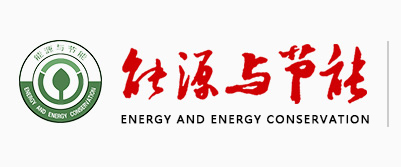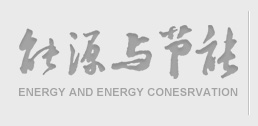202210
RCEP国家能源效率分析:基于三阶段SBM-DEA模型
李鸿1,张军2
(1. 贵州财经大学大数据应用与经济学院,贵州 贵阳 550025;2. 贵州财经大学研究生院,贵州 贵阳 550025)
摘要: 采用三阶段超效率SBM模型分析了RCEP国家2005—2018 年的能源效率及其影响因素。结果表明:发达国家
的能源效率相对稳定,发展中国家的能源效率波动较大;外部环境因素不利于RCEP 能源效率的提高,导致第一阶段低
估了能源效率;经过环境变量调整后的RCEP平均效率值在2010 年以前的变化较大,受环境变量影响较大。最后从碳交
易市场、对外投资和新能源产业三个角度提出了提高中国能源效率的建议。
关键词: RCEP;三阶段SBM;能源效率
中图分类号: F206 文献标志码: A 文章编号: 2095-0802-(2022)10-0026-04
RCEP National Energy Efficiency Analysis: Based on Three-stage SBM-DEA Model
LI Hong1, ZHANG Jun2
(1. School of Big Data Application and Economics, Guizhou University of Finance and Economics, Guiyang 550025, Guizhou,
China; 2. Graduate School, Guizhou University of Finance and Economics, Guiyang 550025, Guizhou, China)
Abstract: This paper used the three-stage super-efficiency SBM model to analyze the energy efficiency and its influencing
factors of RCEP countries from 2005 to 2018. The results show that: the energy efficiency of developed countries is relatively
stable, while the energy efficiency of developing countries fluctuates greatly; external environmental factors are not conducive to
the improvement of RCEP energy efficiency, resulting in underestimation of energy efficiency in the first stage; the average
efficiency value of RCEP after adjustment of environmental changed greatly before 2010 and was greatly affected by environmental
variables. Finally, this paper put forward suggestions for improving energy efficiency of China from the perspectives of carbon
trading market, investment abroad and new energy industry.
Key words: RCEP; three-stage SBM; energy efficiency


